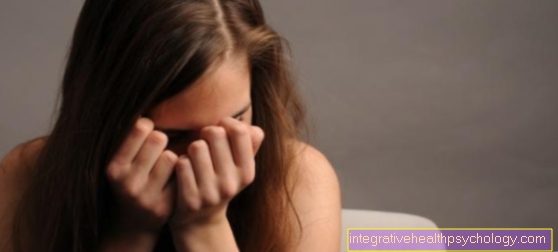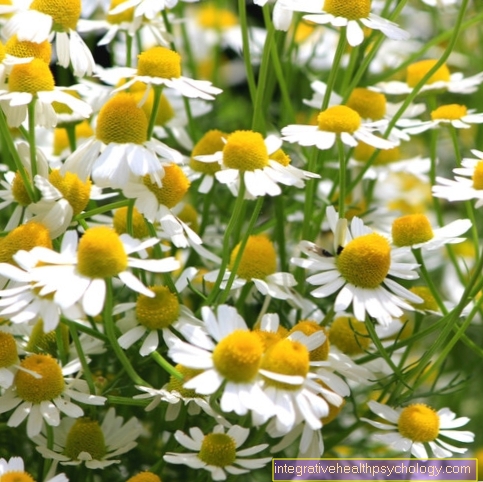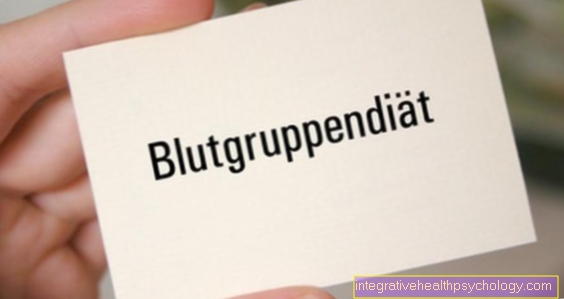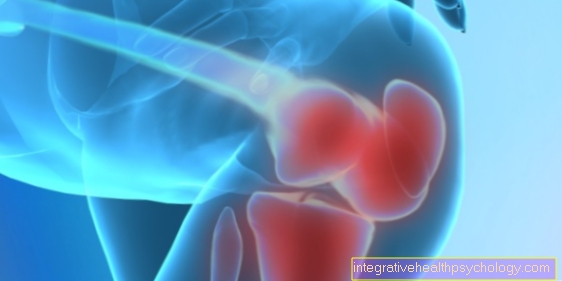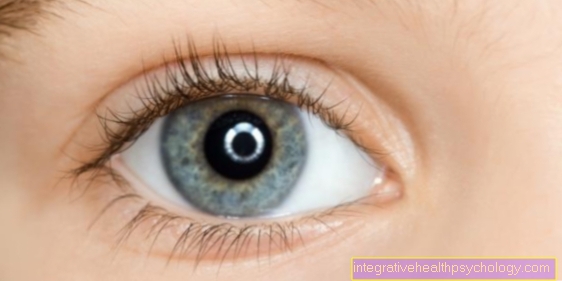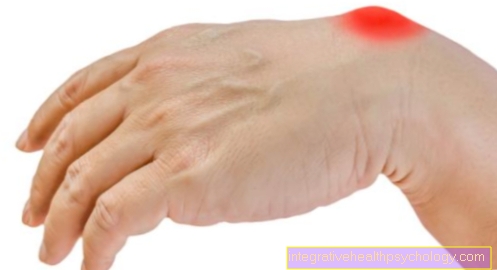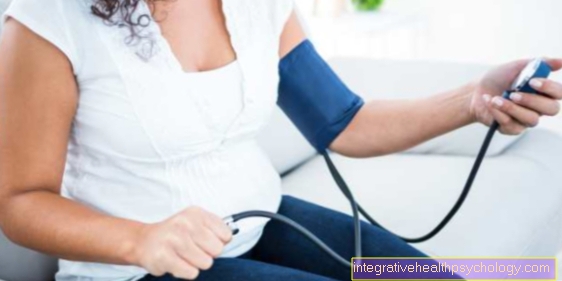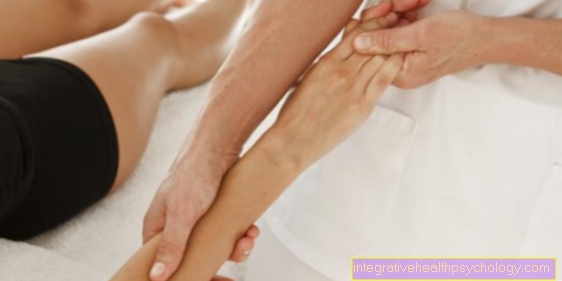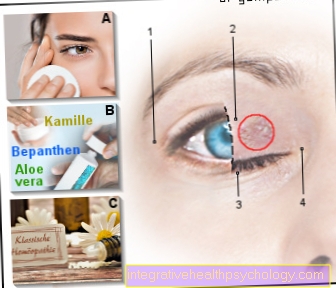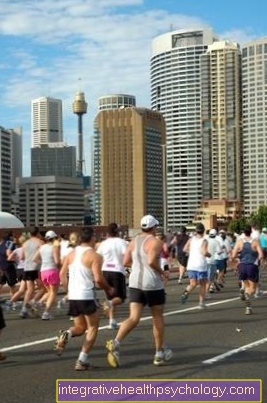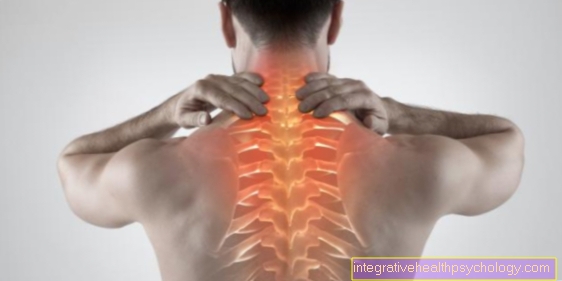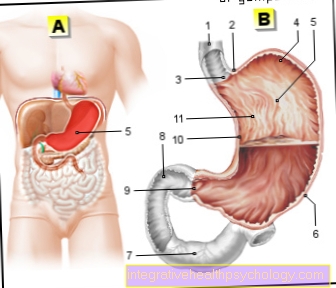Fit to run - running as the elixir of life
Note
This topic was written by Burkhard Nagel - an ambitious runner - and should give you the same fun running as he experiences it himself.
Since Mr. Nagel is not a doctor, this topic is not a medical recommendation !!
From 10,000 m runner to marathon - what do you need?

When I made the first really serious decision to run a marathon, I already had several 10 km fun runs behind me.
Somehow something bigger floated in front of me and suddenly the decision was made to venture into the distance 42.195 km. The decision was made one day before Christmas Eve in 1998, when I got up in the morning to walk as far as I could and after 2 1/2 hours came back home, where my daughter greeted me at the front door with the words:
"Papa, how do you look?"
Exhausted as I was, I staggered under the shower and after an extensive bath in water I felt awake and happy - thanks to the endorphins!
The first marathon
Then I knew: you could do the marathon.
The location was quickly determined: it had to be Hamburg. I had heard a lot of good things from runners: about the smooth start at three points, the almost flat course, great care along the way and a good-humored course audience.
Almost 15 weeks, that wasn't much. To say it in advance: I then completed my 1st marathon in a time of 5:27, 3 minutes below the medal target time and with the help of an 80-year-old runner who called out to me 30 m from the finish:
Come on hold on, we can do it!
Marathon training
To the training
Every week 5-6 runs at a distance of 8-30 km, from the beginning.
The 25-30km runs always on Sundays.
Tip from a runnerwho said to me: if you can hold out for 3 hours, you can do the rest and always smile, even if it hurts.
I was lucky enough to train in an area around Bonn and Ahrweiler, so that my entire circulatory system was extremely strengthened by the intense mountain and valley runs. My resting heart rate was 48-51 beats after 5 weeks.
Training tips
- Keep a running diary Take plenty of time, don't let yourself be rushed, have enough drinks (mineral water) with you, if possible, deposit a banana on the way (bushes or similar)
- PowerBars as a reserve from km 20-25 enjoy nature and air to the fullest
- Consciously venturing to your own limits, in between phases of walking (especially in the beginning), varying the running speed, short 'race tracks' - until it just doesn't go any faster' - inserting, driving game, etc. Go to the sports field: how many lap meters I can do in 40 minutes to run?
- Plan the entire running route 'in your head'; mental preparation is at least as important as physical fitness a windproof running pant on cold days (for runners) in the rain: Goretex running jacket or vest (essential) in pain: pinpoint exactly when and where the pain is occurs and if necessary seek advice from a sports doctor, possibly are insoles - namely made-to-measure and no everyday purchase items - necessary!
Insert : Pain is a warning signal and must not be ignored, sports insoles are a must for every runner! - I had my insoles made by the orthopedic specialist company, which saved me a lot of grief and pain!
The topic of insoles is unfortunately still treated negatively by most shoe sellers when buying sports shoes.
The right insoles - depending on the type of foot - are essential for the fun factor in running! - If nausea occurs: stop the run immediately.
With light Dizzy spells: keep walking slowly and watch whether the condition worsens. If so, cancel the run. Rigorous!
Insert : Here, too, the sports doctor sees the situation differently; Dizziness is also a warning symptom that must not be ignored. - For diarrhea after the run: Oral Pedom Powder. It helps immensely to regulate the electrolyte balance again.
- If there are blisters on the foot: stop running until the bladder is dry.
If the toes are bloody: apply an ointment, bandage, if necessary, stop running until healed
Insert : Open blisters should never be treated with ointments! - It is essential to have a callus on your heels and on the ball of your toes
- 'Running up' running shoes: test them extensively before buying.
- At least three pairs of running shoes for a weekly distance of 50-80 km.
- Polar trainer: indispensable to train according to the pulse rate (120-135 p. Minute)
- After running: Stretching exercises for at least 15 minutes.
- Carefully massage the leg and arm muscles with massage oil
Recommendation: Viol active - After running: Loss of salts through slow ingestion of e.g. Chicken broth or similar after running: rest and relaxation, e.g. with a good book or music!
My personal success
In 2005 I ran my first marathon under 4 hours.
That was a very special highlight!
I hope this has given you a brief glimpse into my running experience.
Kind regards
Burkhard Nagel

